Nature reports
Category: Climate
Page 7 of 12 - 113 Results
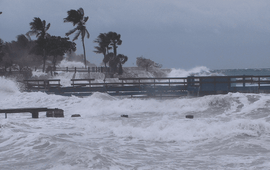
Caribbean islands are at the forefront of the climate crisis, with effects already starting to become noticeable in the region. This year, DCNA launched a Climate action plan for the Dutch Caribbean. This plan provides concrete..
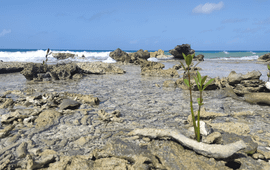
Since 2020, the Mangrove Maniacs have planted over 1500 mangroves along the southwest coast of Bonaire. A new collaborative project with Van Hall Larenstein University of Applied Sciences monitored and mapped these newly planted..
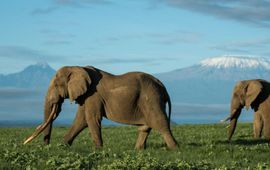
64 million square kilometres – 44 percent of Earth’s land area – require conservation to safeguard biodiversity. This is revealed in a new research led by biologists of the University of Amsterdam, that was published on June 3rd..
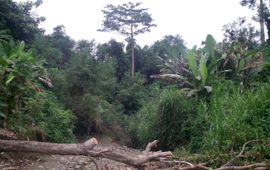
Sequestration of carbon from the atmosphere into tropical vegetation has been suggested as a mitigating factor of anthropogenically elevated atmospheric carbon dioxide levels. A new study now shows that over the long term there is..
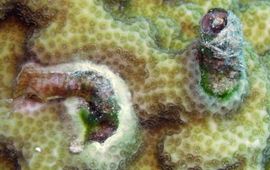
While studying coral reefs on Curaçao, a team of researchers from Naturalis and the University of Groningen came across what turned out to be a worm snail. Up until now, these animals had not been known in the Caribbean. Their..
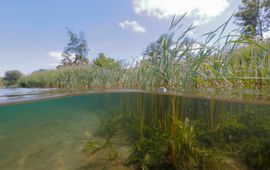
Water is the bloodstream of the biosphere. But we are profoundly changing the water cycle. This is now affecting the health of the entire planet, making it significantly less resilient to shocks. The freshwater change planetary..
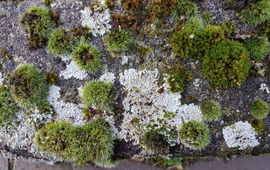
Which 'hidden' organisms live in the city? How can we use these organisms to help trees grow better, make concrete more plant-friendly and measure heat stress? Will city dwellers act more environmentally conscious if they let..
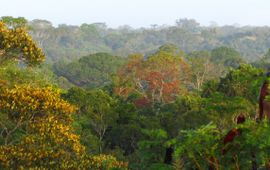
Stem growth of tropical trees is reduced in years when the dry season is warmer and drier than normal. This is the main finding of a global tree ring study published in Nature Geoscience led by Wageningen University & Research. ..
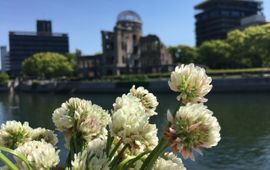
A global biological study has provided the most direct evidence to date that humans, and specifically cities, are the drivers of evolutionary change on earth. Leiden University, the municipality of Leiden and Naturalis..
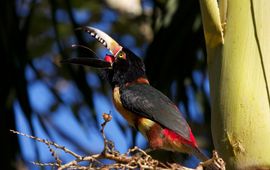
In areas of the globe where fruit-eating birds have wider beaks, palm trees bear larger fruits, a new study shows. This provides new insights into tropical biodiversity and clues for solving species conservation, forest..
